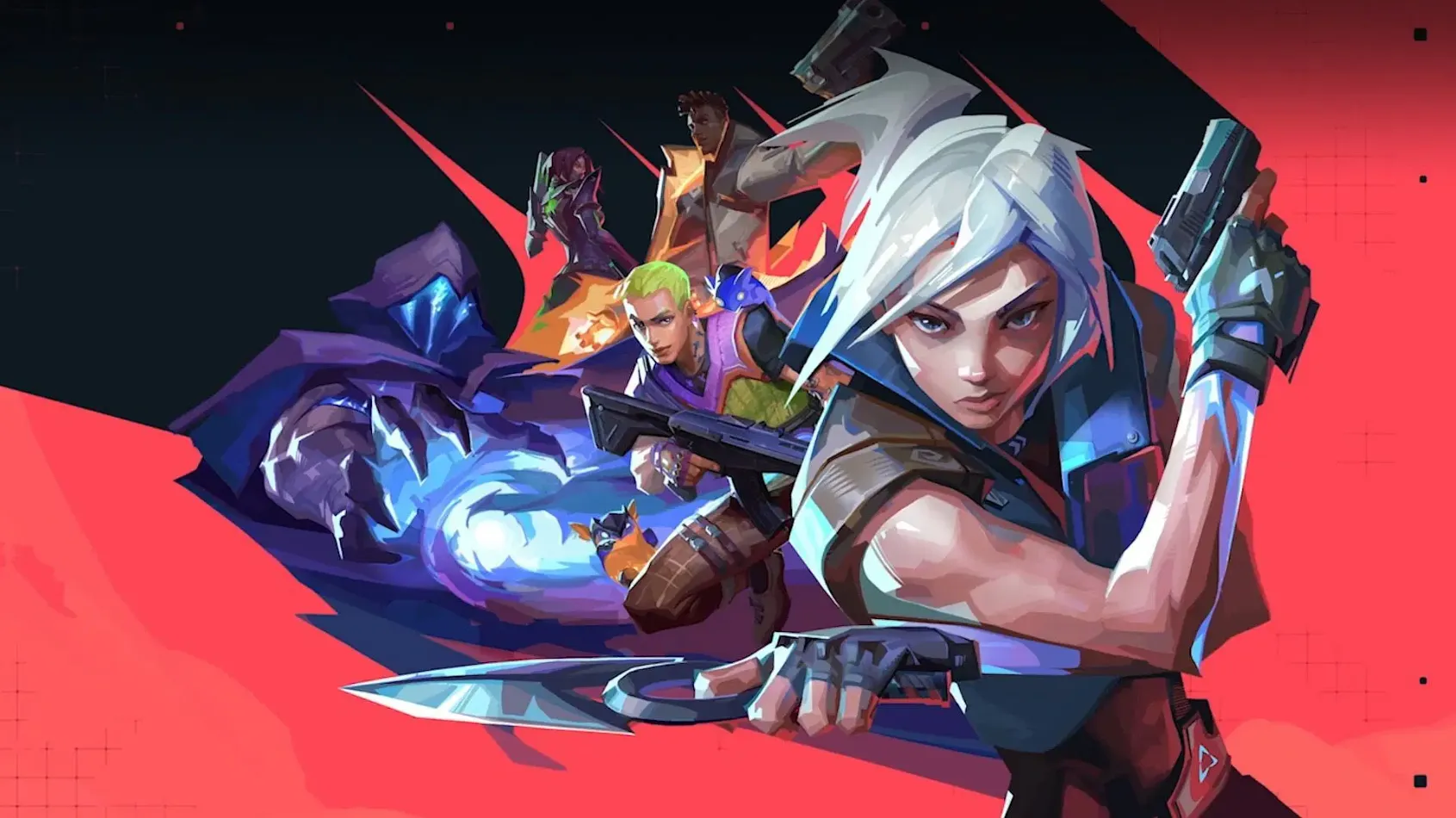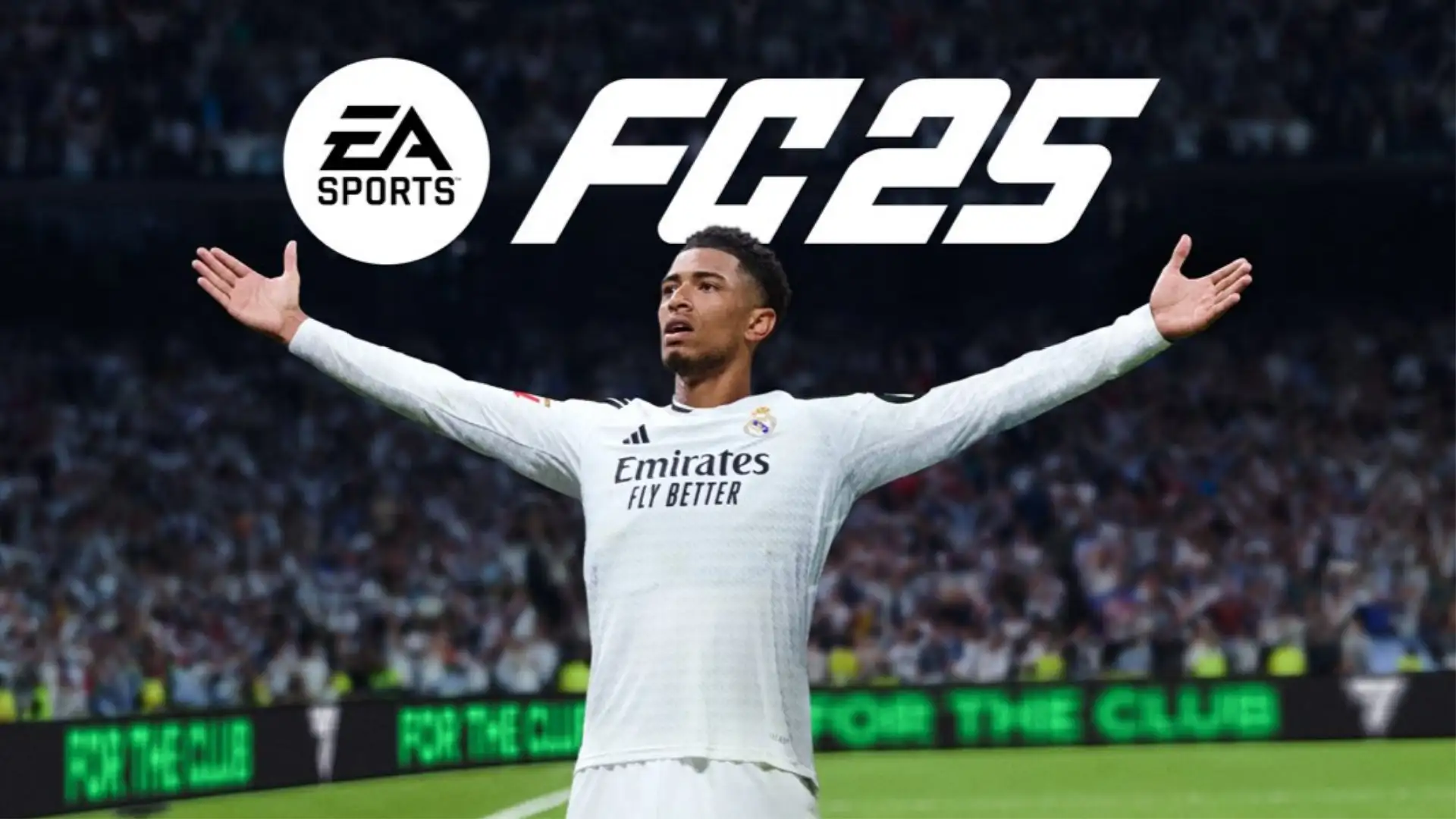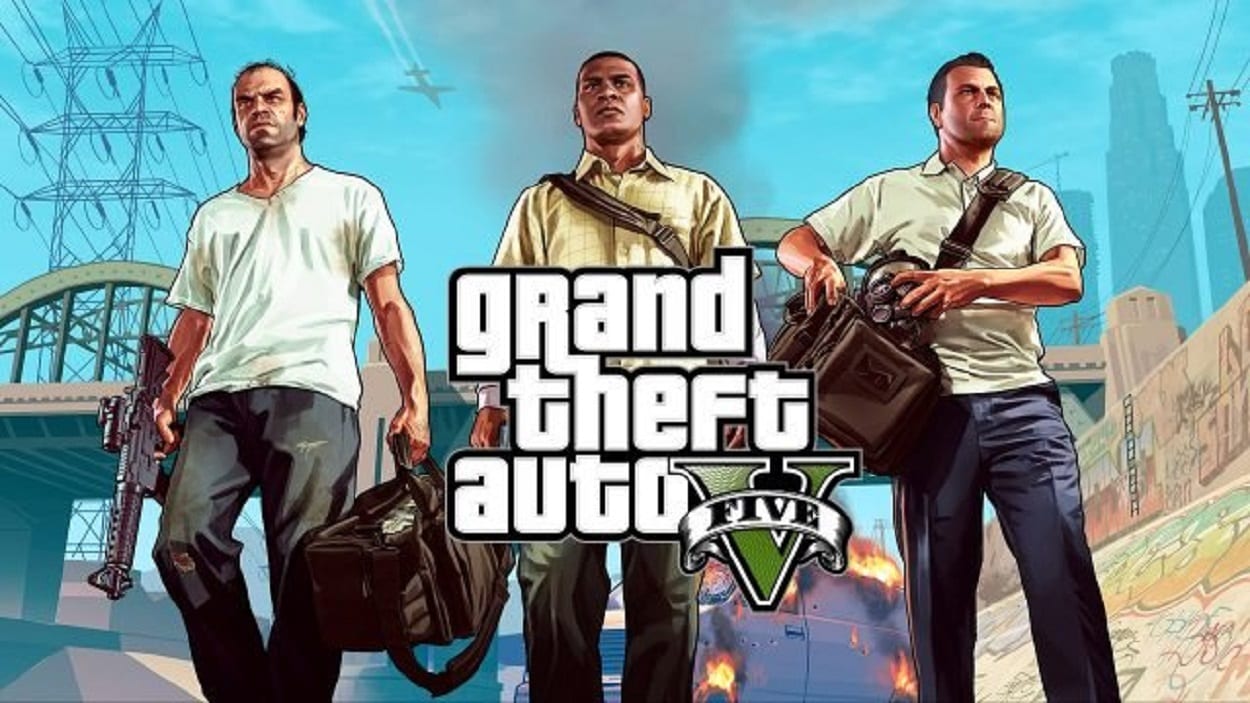Popular Now
Introduction
Valorant is often praised for its clean gunplay and unique agent mechanics, but one of the most powerful forces in the game lies beneath the surface: psychological warfare. Every round of Valorant is not just a test of mechanics—it’s a battle of minds. Whether you're baiting an opponent into peeking, faking a spike plant, or holding a site alone with nerves of steel, mental strength and manipulation are just as important as crosshair placement. In this deep dive, we examine how Valorant builds tension, fosters mind games, and challenges players' emotional control in high-stakes matches.
1. The Pressure of One-Life Per Round
Unlike battle royales or respawn-heavy games, Valorant gives players only one life per round. That changes everything. Every step, peek, or decision carries risk.
This system amplifies:
-
Caution and calculated aggression
-
Anxiety in clutch moments
-
Celebration when surviving under pressure
The final 1v1 of a round isn’t just skill versus skill—it’s nerves versus nerves.
2. The Art of the Fake
Faking plays is central to Valorant strategy. Players learn to:
-
Fake footsteps to draw defenders
-
Trigger abilities to confuse opponents
-
Start a spike plant and cancel it to bait rotations
This constant misdirection forces teams to second-guess their instincts. Good teams punish over-rotations. Great teams make you rotate when you shouldn't.

3. Mind Games During Buy Phase
Before the action starts, players enter the buy phase—where decisions are often psychological.
Do you:
-
Full-buy aggressively to snowball?
-
Save your credits and bait the enemy into over-buying?
-
Force-buy to flip the momentum?
Tracking the enemy economy and predicting their choices is a meta-game within the match itself.
4. Clutching as a Mental Game
Clutches—where a single player wins the round against multiple opponents—are Valorant’s most exhilarating moments.
To clutch, players must:
-
Stay calm under pressure
-
Anticipate enemy positioning
-
Use utility with surgical precision
It’s less about being a “god aimer” and more about maintaining composure and making smarter choices under fire.
5. Reading Enemy Patterns
Valorant rewards players who study their opponents’ habits. Smart players keep mental notes on:
-
Where opponents hold angles
-
How they rotate between sites
-
Which abilities they save for late-round defense
This psychological profiling allows you to out-think rather than out-shoot your opponent.
6. The Tilt Factor and Momentum Swings
Valorant can mentally break players after just a few lost rounds. “Tilting”—getting frustrated and playing worse—is a real threat, especially in ranked matches.
Momentum matters:
-
A team on a win streak gains confidence and synergy
-
A team on a losing streak may rush, argue, or give up site control too early
Experienced players know how to reset mentally and break losing streaks through timeout tactics or calming team communication.
7. Voice Chat and the Psychology of Communication
In Valorant, team communication can build morale—or destroy it. Players often deal with:
-
Pressure from teammates during clutches
-
Toxicity after mistakes
-
Encouragement that boosts performance
Mental fortitude means muting when needed, staying focused, and filtering feedback from noise.
8. Agent Selection as Mind Strategy
During agent selection, players can use psychological tools to control how the match starts. Picking an aggressive agent like Raze may intimidate opponents. Choosing Sentinels could hint at a defensive setup.
Teams also use “agent flexing” to confuse scouting. A team may pretend to favor a specific map strategy based on who they lock in—only to switch it mid-match.
9. Playing the Long Game in Best-of Series
In pro matches, especially in tournaments, teams play best-of-3 or best-of-5 series. Here, mental stamina is tested over hours.
Top teams:
-
Hide strats in early games
-
Use throwaway maps to gather info
-
Adapt between maps with on-the-fly coaching
Victory comes not just from raw skill, but from mental endurance and tactical evolution throughout the series.

10. How Mental Resilience Wins Games
Valorant is won as much in the head as it is in the server. The best players are:
-
Calm under stress
-
Unpredictable in decision-making
-
Confident but not reckless
Whether you're silver or Radiant, the ability to stay composed, read the enemy, and make strategic decisions under pressure is what separates the average from the elite.
Conclusion
Valorant isn’t just a tactical shooter—it’s a mind game disguised as an FPS. Behind every gunfight is a psychological duel: who outsmarts who, who holds their nerve, and who breaks first. From clutch situations to economic bluffs and silent rotations, it rewards those who think two steps ahead. For those who crave competition that tests not just reflexes but resolve, Valorant offers a psychological battlefield unlike any other.



















